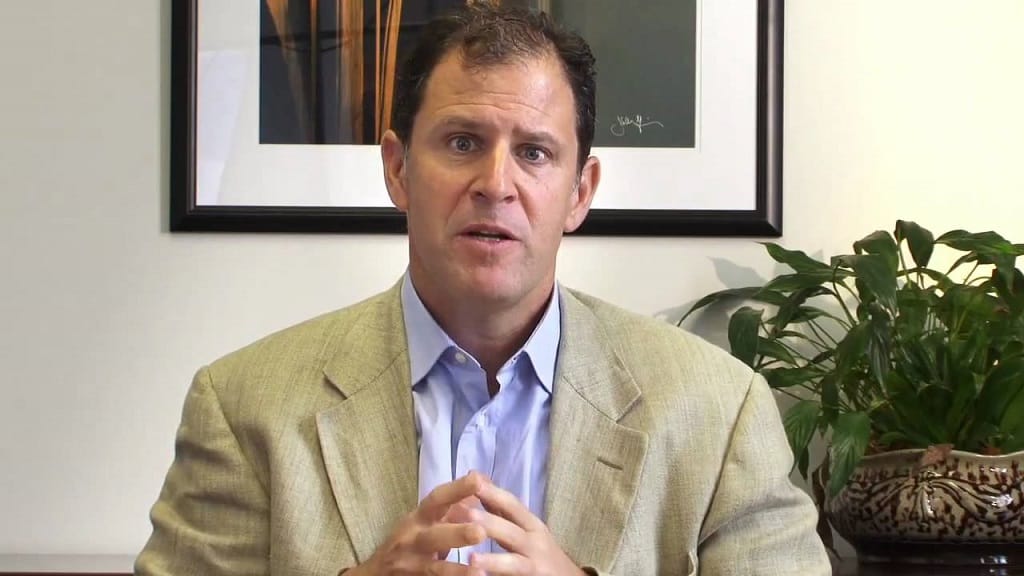Opportunity Broadband, Amazon Accused of Lying, Avoid Overbuilding with Federal Funds
A new non-profit hopes to address gaps in connectivity and help federal broadband funds go to those areas in need.

March 10, 2022 – Five non-profit organizations across the nation on Wednesday launched Opportunity Broadband, a non-profit that will work to help efficiently distribute the nation’s investments in broadband access.
The new non-profit will identify barriers in universal broadband access, including gaps in technology advancements in social sectors like healthcare and education, and will work to help communities get access. The organization also plans to hold a conference this summer.
Opportunity Broadband is composed of Pew Charitable Trusts, Heartland Forward, the James H. and Mary B. Quello Center at Michigan State University, Small Business Majority, and the XR Association — all of which are committed to providing nationwide access to broadband through legislation like the Infrastructure, Investment and Jobs Act, which will give $65 billion to broadband infrastructure nationwide.
“Now is the time to ensure that the benefits of connectivity are available to all communities,” Kathryn de Wit, project director of The Pew Charitable Trusts’ broadband access initiative, said in a press release. “Universally available and affordable broadband, access to devices, and digital literacy are the first—not the only—steps toward achieving that goal.
“But no single organization can take those steps alone. Delivering on the promises of digital equity will require sustained focus, investment, and partnerships that cross sectors and industries, which is why we’re thrilled to have these organizations and businesses joining this important work.”
Department of Justice alerted about alleged Amazon misconduct
In a 24-page letter that was released Wednesday, bipartisan House Judiciary members wrote to the Department of Justice alleging Amazon obstructed the committee’s “extensive investigation into competition in digital markets,” which took place last Congress.
The committee alleges Amazon lied about its use of third-party sellers’ data to help increase sales of their own similar products. Despite giving Amazon a chance to tell the truth, the panel alleges the corporation denied their actions.
“Without producing any evidence to the contrary, Amazon has left standing what appear to be false and misleading statements to the Committee,” the letter said. “It has refused to turn over business documents or communications that would either corroborate its claims or correct the record.
“And it appears to have done so to conceal the truth about its use of third-party sellers’ data to advantage its private-label business and its preferencing of private-label products in search results—subjects of the Committee’s investigation. As a result, we have no choice but to refer this matter to the Department of Justice to investigate whether Amazon and its executives obstructed Congress in violation of applicable federal law,” says the letter.
Amazon sells its own line of products under the Amazon Basics label.
USTelecom president says ‘no’ to overbuilding
The head of trade association USTelecom denounced Wednesday the idea of using funds from the Infrastructure, Investment and Jobs Act to create broadband access to areas that have already been provided access through other federal funds.
“Since the Infrastructure Act was passed, some entities have been aggressively pushing Congress, NTIA, and states to allow new federal funds to subsidize the same areas they have already committed to serve through programs like the [Rural Digital Opportunity Fund],” Jonathan Spalter said in a blog post on Wednesday.
“Regulatory arbitrage, double dipping? Call it what you will, but this is a terrible idea,” he said.
Spalter’s statement comes after much debate about whether overbuilding broadband infrastructure in places that already have access to broadband is necessary or useless. In an op-ed in Broadband Breakfast, former Federal Communications Commissioner Mike O’Rielly warned against the overbuilding and urged the federal government to “stay laser-focused on serving the truly unserved.”
But on a Broadband Breakfast live event in January, Chip Pickering, the CEO of trade association for telecom competition INCOMPAS, said “newbuilding” over existing infrastructure is good so long as funds subsidize newer, better networks, not older technologies.









